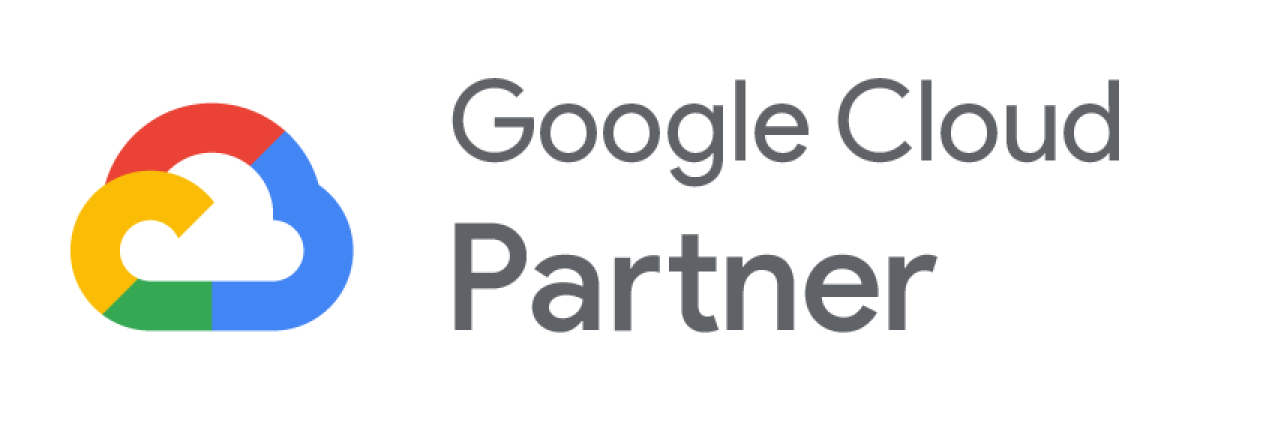As a Google Cloud Partner, Jellyfish provides world-leading Cloud-based Training solutions to help clients succeed. This course covers everything you need to know about monitoring, troubleshooting, and improving infrastructure and application performance.
Using a combination of presentations, demos, hands-on labs, and real-world case studies, you’ll gain experience across all the techniques required to support a live Google Cloud environment.
We’ll start by looking at the Google Cloud Operations suite and look at setting up monitoring and alerting policies. You’ll then look at installing and managing the Ops Agent to collect Compute Engine logs and then delve further into GKE Operations. After this, we’ll move into supporting and monitoring the networking capabilities of Google Cloud including VPC and firewall logs. Finally, you will look at supporting and managing application performance.
Our Logging, Monitoring and Observability in Google Cloud course is available as a private training session that can be delivered via Virtual Classroom, at our training centre in The Shard, or at a location of your choice in the UK.
Course overview
Who should attend:
This course is suitable for cloud architects, administrators and SysOps personnel, as well as cloud developers and DevOps personnel.
What you'll learn:
By the end of this course, you will be able to:
- Explain the purpose and capabilities of Google Cloud’s operations suite
- Implement monitoring for multiple cloud projects
- Create alerting policies, uptime checks and alerts
- Install and manage Ops Agent to collect logs for Compute Engine
- Explain Cloud operations for GKE
- Analyse VPC Flow Logs and firewall rules logs
- Analyse and export Cloud Audit Logs instances
- Profile and identify resource-intensive functions in an application
- Analyse resource utilisation cost for monitoring related components within Google Cloud
Prerequisites
To get the most out of this course, you should have completed the Google Cloud Fundamentals: Core Infrastructure course or have equivalent experience. You should also be familiar with basic scripting or coding, and be proficient with command-line tools and Linux operating system environments.
Course agenda
- Describe the purpose and capabilities of Google Cloud’s operations suite
- Explain the purpose of the Cloud Monitoring tool
- Explain the purpose of Cloud Logging and Error Reporting tools
- Explain the purpose of Application Performance Management tools
- Use Cloud Monitoring to view metrics for multiple cloud projects
- Explain the different types of dashboards and charts that can be built
- Create an uptime check
- Explain the cloud operations architecture
- Explain and demonstrate the purpose of using Monitoring Query Language (MQL) for monitoring
- Explain alerting strategies
- Explain alerting policies
- Explain error budget
- Explain why server-level indicators (SLIs), service-level objectives (SLOs), and service-level agreements (SLAs) are important
- Identify types of alerts and common uses for each
- Use Cloud Monitoring to manage services
- Use Log Explorer features
- Explain the features and benefits of logs-based metrics
- Define log sinks (inclusion filters) and exclusion filters
- Explain how BigQuery can be used to analyse logs
- Export logs to BigQuery for analysis
- Use log analytics on Google Cloud
- Explain Cloud Audit Logs
- List and explain different audit logs
- Explain the features and functionalities of the different audit logs
- List the best practices to implement audit logs
- Use the Ops Agent with Compute Engine
- Enable and use Kubernetes Monitoring
- Explain the benefits of using Google Cloud Managed Service for Prometheus
- Explain the usage of PromQL to query Cloud Monitoring metrics
- Explain the uses of Open Telemetry
- Explain custom metrics
- Collect and analyse VPC Flow Logs and firewall rules logs
- Enable and monitor Packet Mirroring
- Explain the capabilities of the Network Intelligence Center
- Explain the features and benefits of Error Reporting, Cloud Trace, and Cloud Profiler
- Explain the functionalities of the Error Reporting, Cloud Trace, and Cloud Profiler
- Analyse resource utilisation cost for monitoring related components within Google Cloud
- Implement best practices for controlling the cost of monitoring within Google Cloud



 2 day course
2 day course
 Partner of the Year
Partner of the Year
 Private
Private